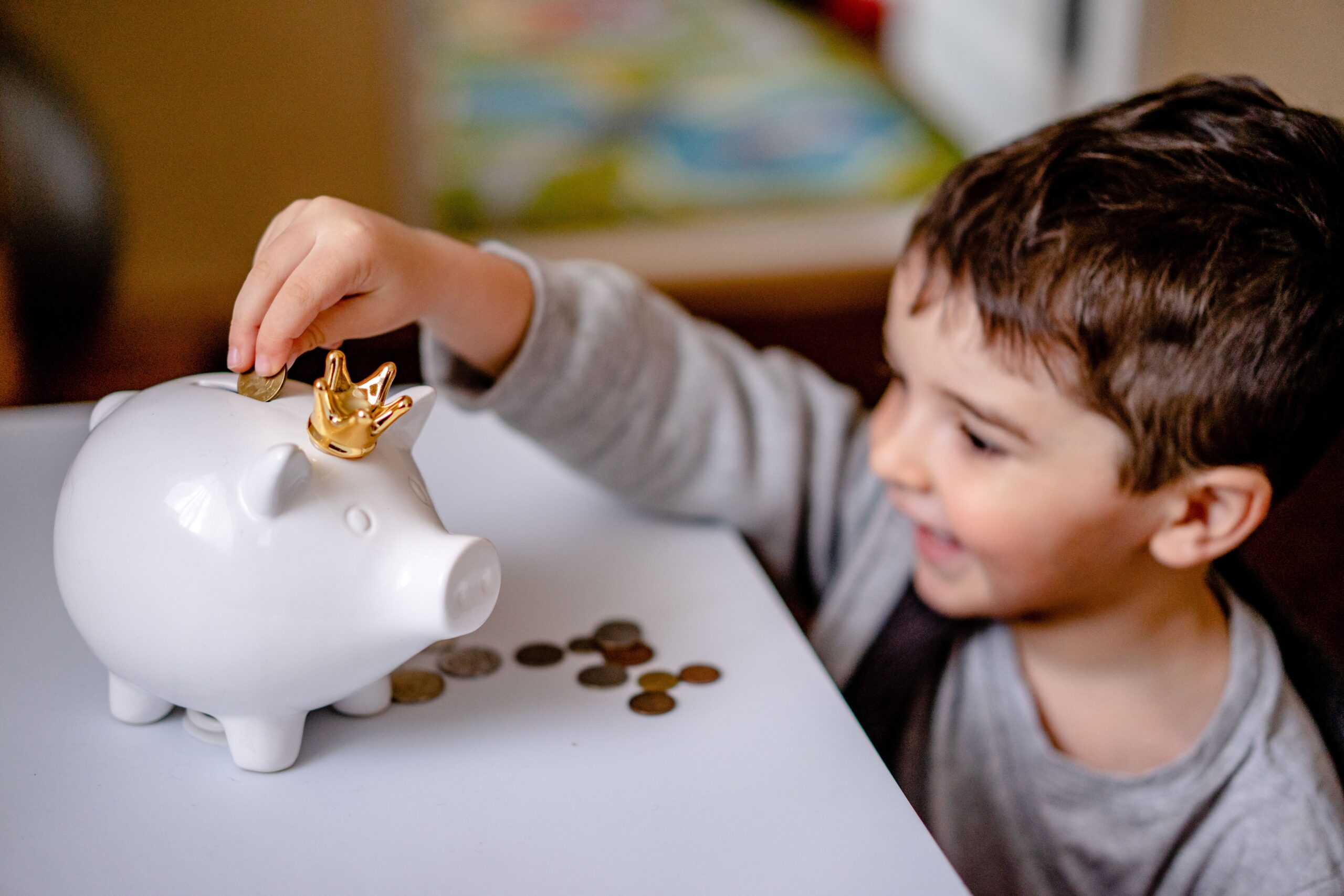News and Media

Pocket money: children and teenagers
Article source: https://raisingchildren.net.au/school-age/family-life/pocket-money/pocket-money
Key points
- Pocket money can help children learn about money management and responsibility.
- Your decisions about pocket money will depend on your family circumstances and values.
- If you decide to give pocket money for chores, be clear about your expectations.
- Your child learns a lot by watching how you deal with money.
Pocket money basics
Giving pocket money to children as young as 4 or 5 years helps them start learning about the value of money and money management.
For example, when children get pocket money, they have to make choices about spending or saving. And if they’re saving, they’ll learn about waiting for things they want.
Pocket money can also help children learn about consequences, including the consequences of losing money or spending it unwisely. Making a few mistakes is part of the learning process for your child.
Children learn a lot about money management by watching how you use money. For example, if your child sees you setting a spending limit or shopping around for the best price, you help your child learn about sticking to a budget.
When to give children pocket money
There are no hard and fast rules about when to start giving children pocket money.
Children might be ready to try managing pocket money if they can understand these messages:
- They need money to buy things.
- It’s important to save money and not spend it all.
- Spending all their money today means there’s no more until the next payment.
Learning about money and developing financial literacy from a young age can help children develop responsible money habits and attitudes for later in life. And managing pocket money is a great way for your child to start developing a general sense of responsibility and independence.

